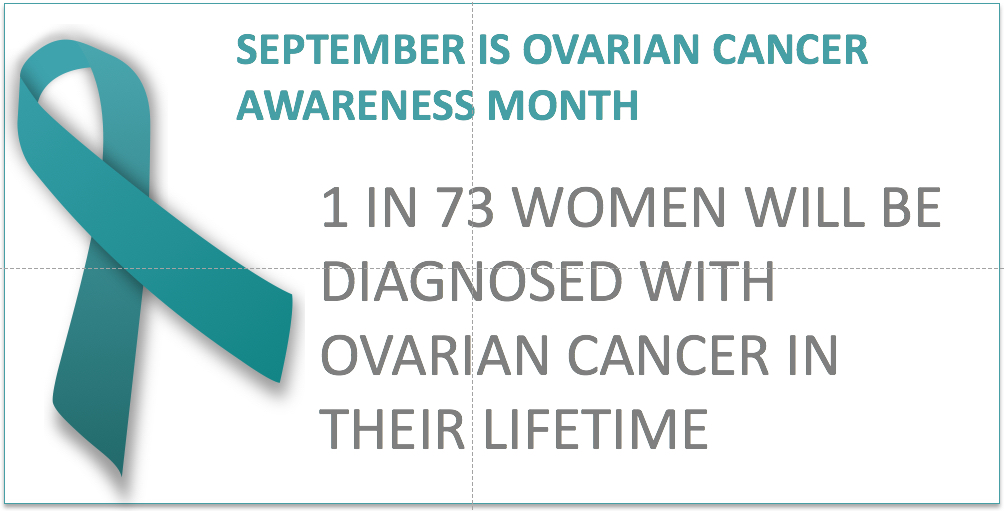As an ovarian cancer survivor and advocate, I tell everyone who will listen about the symptoms of the disease, hoping that some woman will recognize them and get diagnosed early. I’ve given out thousands of symptom cards, spoken on local and national media and blogged about these early warning signs everywhere I can. But the question that plagues me is, are women in denial to the point of ignoring these symptoms?
A friend recently told me her mother had the symptoms but refused to believe they were serious. No one in the family could convince her to get to the bottom of her problem. I’ve heard from young women that they’re too busy to get sick or that they would know if they were really sick. Not so! The myth that women have intuition about this sort of thing is a deadly misperception. On the other hand, some women believe they were driven to find an answer because they sensed an inner voice that something was wrong, very wrong.
In truth, most women I’ve met who were diagnosed with ovarian cancer were shocked to discover that what they attributed to PMS or IBS, turned out to be the most deadly gynecologic cancer of all.
To better understand what causes these vague symptoms, think about how ovarian cancer grows. After a few cancer cells grab hold and start creating a tumor in the pelvic area, the mass can start pushing against other organs. If the pressure is on the bladder, the woman experiences urgent or frequent urination. If the mass presses on the bowel, she may notice changes in bowel movements or abdominal pain. With enough pressure on the stomach, she might find that she's full too quickly when she eats. And, the cancer can cause fluids (called ascites) to collect in the abdominal cavity and the woman will notice that this bloating does not go away, like menstrual bloating would.
Experts agree that any woman who has these symptoms for more than a few weeks should see a gynecologist, the specialist most able to diagnose gynecologic cancer. Also, whether or not symptoms exist, women need to have annual pelvic exams and report any changes in their normal gynecologic patterns. And finally, those with a family medical history of breast and/or ovarian cancer should seek genetic counseling to evaluate their risk of an inherited mutation that could increase their odds of getting breast and or ovarian cancer.
If you have these symptoms:
Do keep pursuing it until you have an answer.
Don’t be dismissed, even by a doctor, without resolution.
Do be your own best advocate.
Don’t be in denial.





Add a Comment2 Comments
It never ceases to amaze me how many of my girlfriends and female family members when I was initially diagnosed didn't ask me about the symptoms. I actually ended up "shoving it down their throats" in every telephone conversation and e-mail communication. Even when I talk about family history, no one really seems to listen. And many of these women are the daughters or wives or sisters of doctors. We have to keep talking about it . . . the symptoms AND the family history, especially the family history because potentially, it's preventable. The work you do with such passion, Annette, and the knowledge you pass along to women like me is priceless.
September 29, 2010 - 8:46amThis Comment
It is crucial that women and families are also educated regarding Lynch Syndrome which is another cancer syndrome for those predisposed to ovarian cancer as well as colorectal, uterine/endometrial, stomach, pancreatic etc. . Breast cancer in Lynch Syndrome is controversial, however, recent genomic research indicates that a subsector of breast cancer patients may also be part of the Lynch Syndrome. If there is a lot of cancers in either sides of the families, please see a trained genetic counsellor for advice. As well, most gynecologic oncologists are very familiar with the Lynch Syndrome.
"And finally, those with a family medical history of breast and/or ovarian cancer should seek genetic counseling to evaluate their risk of an inherited mutation that could increase their odds of getting breast and or ovarian cancer."
September 28, 2010 - 7:18pmThis Comment